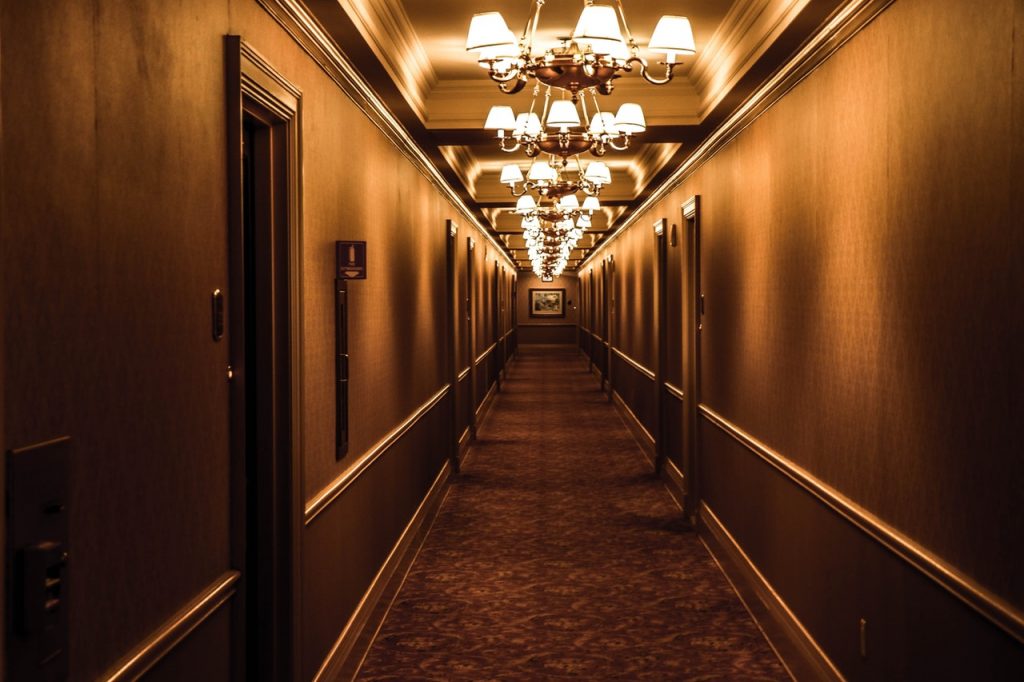When it is time to renovate, don’t forget to “expect the unexpected.” These surprises can throw you wildly over budget and off the program.
Here are a few tips to make sure that your next job is a success.
Define project scope
While it might appear surprisingly straightforward, many hotel owners don’t think this crucial component through. To determine the extent, first, determine your budget and deadline. Your budget will drive your range and your schedule. It is important to acknowledge the number of funds you have available and the best ways possible to give maximum guest impact.
You might be unable to achieve all their needs, but they are intimately on the guest experience. They know their guests and can offer a list of what has to be updated. From there, determine what is essential, what’s preferred and what’s brand mandated.
If applicable, make sure to understand any brand requirements, understanding if there are specific elements to be considered such as a storytelling hotel and get their approval before starting the job. Submitting to the new your design documents, other project initiatives and procuring their blessings ahead of this renovation can help prevent wasted efforts and potential additional expense.
Budget and bidding
It’s also important to get many bids for building costs from reliable contractors. Contractors that are unfamiliar with the operations of a resort could cost owners earnings in loss of operating revenue because of the contractor’s lack of experience in working in managing assets. Hospitality-specific contractors understand the character of moving from room to room, as well a basic comprehension of turning around collections of rooms economically and quickly. We call this earnings displacement.
Bear in mind, the more a room is out of service, the more that prices the resort’s bottom line.
Also, when reviewing proposals, the lowest bid isn’t always the best bargain. Included in your selection process, levelling the suggestions is a substantial step to verify each contractor is quoting the same scope. Some builders can perceive the extent differently than others through the document identifies the job. Then incorporate these charges into your overall budget to confirm there’s sufficient capital to execute the scope.
Whatever the renovation, it is always critical to put extra funds (contingency) aside to cover unexpected expenses and hidden conditions. The quantity of funds which should set aside depends upon the complexity and general scope of this project.
If the project requires replacement finishes only, such as floors, vinyl, lighting, artwork and seats, set aside 4% to 5%. However, once the scope involves more intricate modifications like converting bathtubs to showers, realigning spaces, structural updates and local licenses, the contingency needs to be increased to up to 10%.

It Requires a plan
Generally, if not working or building an independent hotel, brand choice is a crucial starting point. To get a new build or conversion, possession in addition to the franchisor will have to learn whether a market will support a specific brand. For a renovation, manufacturers will have given refresh requirements based on a property’s condition, age and present standards.
Integral to the ROI is job time. Factors such as weather conditions, disruptions to resort operations and guest experience are critical when deciding upon the schedule. Additionally, if there are new facilities to be factored in and how they will impact the existing traffic flow and accessibility for guests in the hotel. Hotel facilities new or existing must be in the plan.
When the project scope, schedule and budget have been decided, ownership must choose the team.
Building the group
Proper choice of the team is critical to a project’s success. It’s essential that all players have extensive knowledge of the accommodation industry, the brand being considered for the job and can work well collaboratively with other staff members.
The first step in building this group would be to issue a request for suggestions for every needed discipline. Critical factors in choice (besides budgetary considerations) comprise hospitality experience and having the ability to work within a team idea. Local knowledge is a bonus and affects several vital functions, access to labour and the local approval procedure. If at all possible, interviewing applicants before they’re engaged helps get a sense of their professionalism and knowledge of the hospitality business.
A job can take anywhere from a few months to many decades, and smart communication will keep everybody informed, remove challenges before they occur and keep the team participated in the procedure.
Renovations can be an exciting and rewarding opportunity to enhance the guest experience and bring extra revenue to the advantage. Following these basic rules will help provide this and enable owners to maintain control of price and minimise lost revenue.